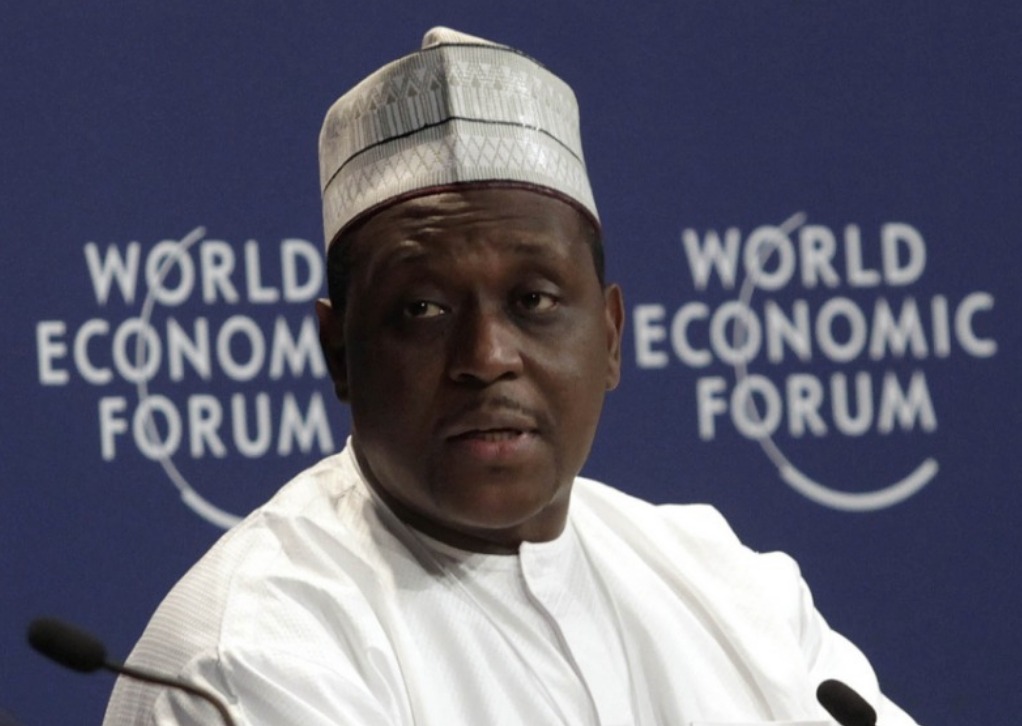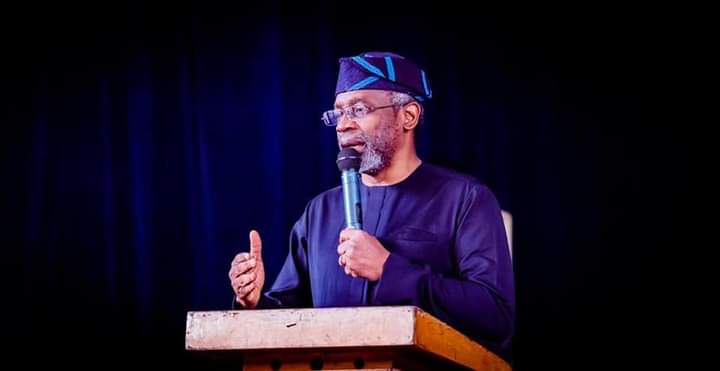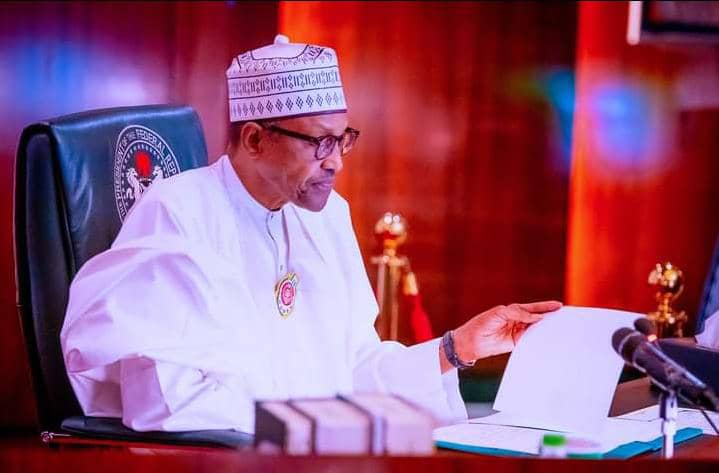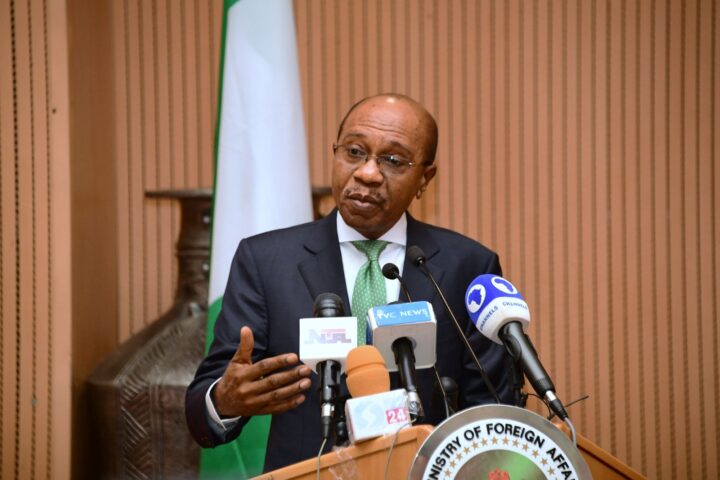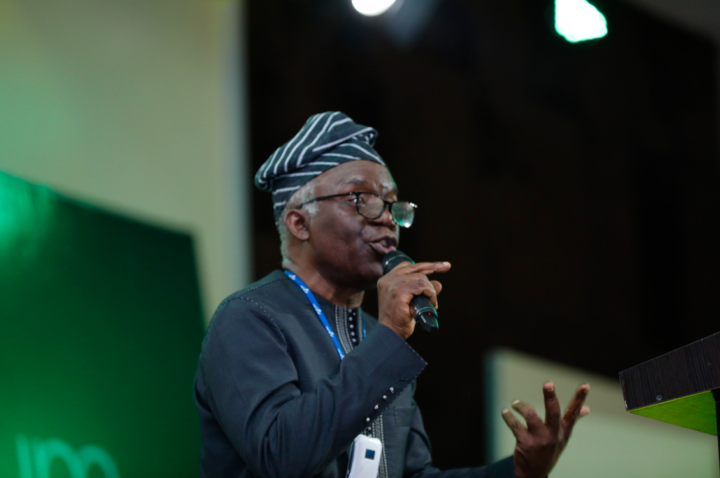On Monday, Gavi, the Vaccine Alliance (GAVI), announced the appointment of Muhammad Pate as its new chief executive officer (CEO).
Gavi, in a statement, said Pate was appointed as CEO following a year-long recruitment process overseen by Jose Barraso, chairperson of the Gavi board.
It also disclosed that a total of 344 people had applied for the role, of which three were shortlisted and interviewed.
Pate is expected to officially resume as CEO on August 3 and will lead Gavi in continuing its work to support routine immunisation, outbreak response, and COVID vaccinations globally.
Advertisement
WHO IS MOHAMMAD PATE?
Muhammad Ali Pate was born on September 6, 1968, in Misau LGA of Bauchi state, Nigeria.
Upon graduating from Barewa College, Zaria, Pate went on to study at Ahmadu Bello University (ABU) medical school in Kaduna state.
Advertisement
He graduated from ABU and worked at the institution’s teaching hospital from 1990 to 1991 before moving to Gambia at the British Medical Research Council Laboratories.
Pate later moved to the United States where he did a residency training in internal medicine in 1998 and a fellowship training to qualify as a consultant in infectious diseases, at the University of Rochester, New York.
He is an American board-certified medical doctor in both internal medicine and infectious diseases, with an MBA (health sector concentration) from Duke University USA and a masters in health system management from the London School of Hygiene & Tropical Medicine, UK.
CONTRIBUTED TO POLIO ERADICATION
Advertisement
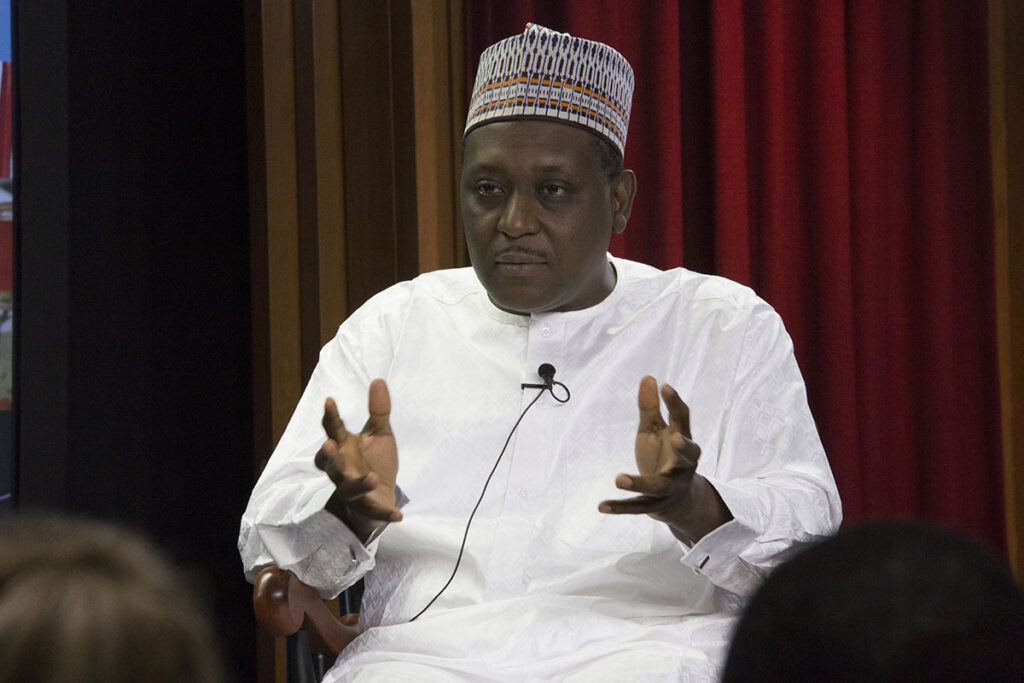
Pate can be described as a man who commands expertise and recognition in the global public health space.
In 2000, Pate joined the World Bank as a young professional and worked on health issues such as HIV/AIDS, tuberculosis and malaria in several regions including Africa and East Asia.
He also served as the executive director of the National Primary Health Care Development Agency (NPHCDA) in 2008 where he initiated a process of engaging traditional rulers in northern Nigeria to help improve demand for the polio vaccines and other primary healthcare services.
The engagement laid the foundation for the eventual elimination of the polio epidemic in Nigeria.
Advertisement
He was appointed as minister of state for health in Nigeria in 2011 and in that position, led a flagship initiative to revive routine immunisation and primary health care, and also introduced new vaccines into the country.
In 2012, Pate was awarded the prestigious Harvard Health Leader award for his “immense contribution to healthcare” in developing countries.
Advertisement
In 2013, he resigned as the minister of state for health to join Duke University’s Global Health Institute, where he served as a visiting professor and taught comparative health systems to postgraduate students.
The global health expert founded the Chigari Foundation in 2014, a non-governmental organisation that works with community leaders all across the 19 states in the north to increase population demand for immunisation and primary health care services.
Advertisement
In 2019, Pate was appointed to serve as global director for health, nutrition and population (HNP) of the World Bank and director of the global financing facility for women, children and adolescents (GFF).
At about the same time, he was also appointed by the Harvard Chan School of Public Health as Julio Frenk’s professor of public health leadership in the department of global health and population.
Advertisement
Both appointments were effective from July 1, 2019, but the Harvard Chan School had said Pate would be on leave while he serves as the global director for HNP and GFF.
From 2019 to 2021, he led the World Bank’s $18 billion COVID-19 global health response and represented the bank on various boards, including those of Gavi, the Global Fund, and UNAIDS.
On October 11, 2022, Pate was conferred with Commander of the Order of the Niger (CON) by President Muhammadu Buhari.
ATTEMPT AT POLITICS
In 2015, Pate indicated an interest in contesting for the Bauchi state governorship election under the Peoples Democratic Party (PDP).
At the time, he had promised to create one million jobs by 2020 if elected the governor of the state, adding that he would “feature deep youth and women participation and ensure improved management of the state fiscal spaces as well as improved investment climate for private sector participation.”
He, however, lost in the party primary.
Pate again attempted to contest for the governorship ticket for the 2019 and 2023 elections under the Peoples Redemption Party (PRP) and All Progressives Congress (APC) respectively but was also unsuccessful at the primaries.
‘HEALTH CONTRIBUTES TO OTHER SECTORS’
In a recent interview with Financial Nigeria, Pate said a lot of work still has to be done in ensuring that every Nigerian is guaranteed access to quality primary care services.
“There are parts of this country where almost 90% of children are not fully immunised, such as in Sokoto state. So, there are still huge gaps when it comes to primary care delivery. While there have been some improvements in the past, they have not been sustained, particularly in certain states and certain LGAs. Maternal mortality is also still unacceptably high. All of these are in the basic services arena,” he said.
Pate said to ensure the delivery of services at the quality that is needed to improve health outcomes, there needs to be an improvement allocation and effective use of resources, and also an efficient use of the resources in the health sector.
“What I also hope is that the next set of leaders would adopt a whole-of-government approach to improving health, by engaging proactively other sectors that have contributions to make to population health. Health goes beyond the health sector itself. Health contributes to the performance of other sectors and there are contributions that other sectors can make to health. We must move from public health policies to healthier public policies to improve the health and well-being of the population,” he said.
Add a comment
